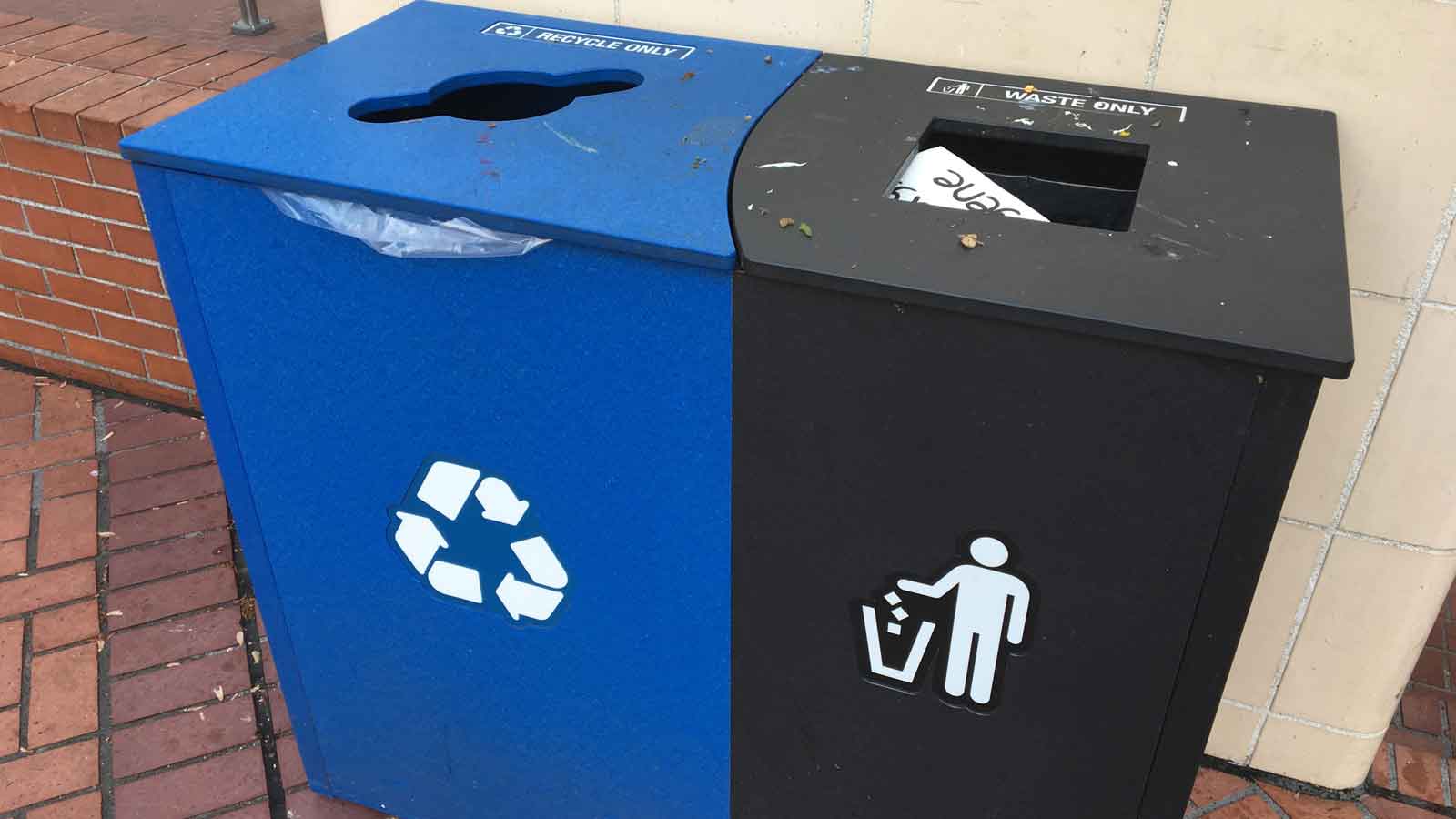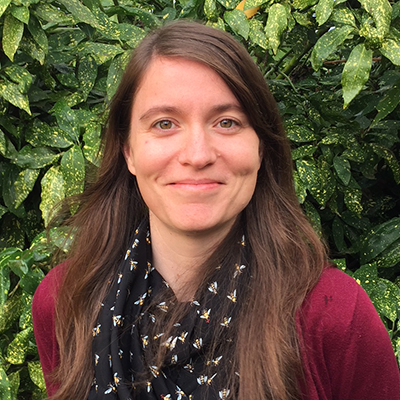
The label says ‘widely recyclable.’ Is it true?
If a form of plastic isn't accepted by most community recycling programs, how can the plastics industry still claim it's “widely recyclable”?
We should be able to trust that the “chasing arrows” of the recycling symbol mean a product can and will be recycled. But can we?
There are few rules about what can and cannot be labeled as recyclable. A new “widely recyclable” label created by the plastics industry, for example, makes it look like certain plastics can be recycled when the reality is that many of them aren’t accepted in most community recycling programs.
Is polypropylene really ‘widely recyclable’?
The United States produced 8 million tons of polypropylene in 2018 alone. Polypropylene is a plastic used to make containers and packaging — including yogurt cups and ketchup bottles — that’s labeled with the number 5.
Even though it’s widely used, it’s not widely recyclable. For many of us, our community’s recycling programs don’t accept #5 plastics at all. And even where it is accepted, facilities often send this plastic to the landfill instead. According to the Environmental Protection Agency’s (EPA) most recently available data, only 2.7% of polypropylene plastic packaging is ever recycled.
Despite that, a wide set of products made from polypropylene are now newly considered eligible for a recyclable label.
‘Widely recyclable’ is a misleading label
We all know the three Rs: reduce, reuse, recycle. For the sake of our environment, we should reduce the amount of plastic we use and be able to reuse and recycle the rest. But until our recycling systems can handle all types of plastic, we need accurate labels that clearly indicate what is truly widely recyclable to avoid unnecessary and unintended waste.
But without a federal program to decide how recyclable a product is, the plastics industry is stepping in. The How2Recycle program behind this “widely recyclable” label was founded by plastics producers such as ExxonMobil.
Determining which plastic products are and aren’t recyclable shouldn’t be left up to the plastics industry. That’s like the plastic fox guarding the polypropylene henhouse. The EPA should take the lead on recycling labels rather than letting the plastics industry call the shots.
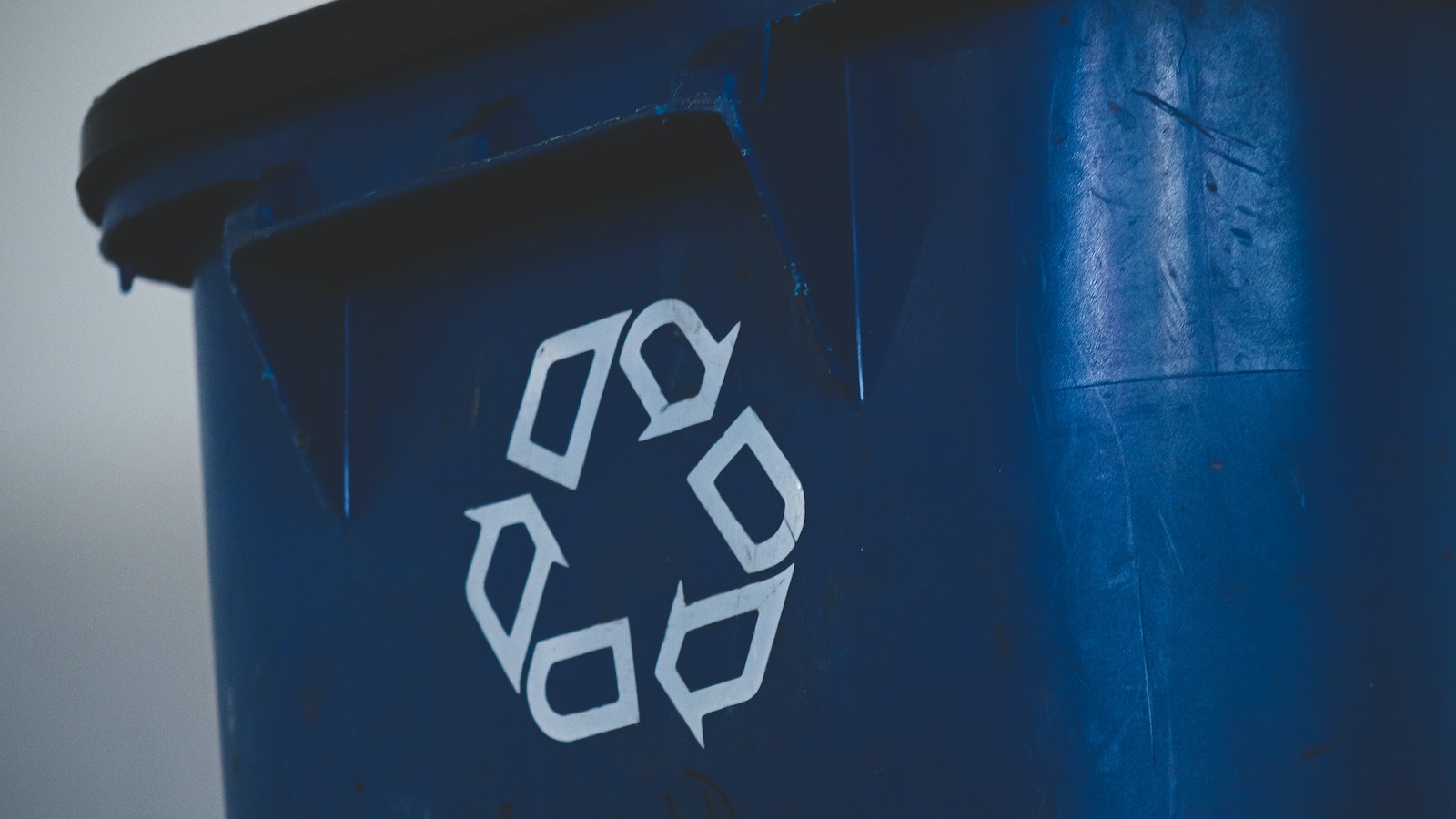
Tell the EPA to regulate the “widely recyclable” label
Tell the Environmental Protection Agency (EPA) that "widely recyclable" labels shouldn't apply to plastic that never gets recycled.
Topics
Author
Celeste Meiffren-Swango
State Director, Environment Oregon
As director of Environment Oregon, Celeste develops and runs campaigns to win real results for Oregon's environment. She has worked on issues ranging from preventing plastic pollution, stopping global warming, defending clean water, and protecting our beautiful places. Celeste's organizing has helped to reduce kids' exposure to lead in drinking water at childcare facilities in Oregon, encourage transportation electrification, ban single-use plastic grocery bags, defend our bedrock environmental laws and more. She is also the author of the children's book, Myrtle the Turtle, empowering kids to prevent plastic pollution. Celeste lives in Portland, Ore., with her husband and two daughters, where they frequently enjoy the bounty of Oregon's natural beauty.
Find Out More
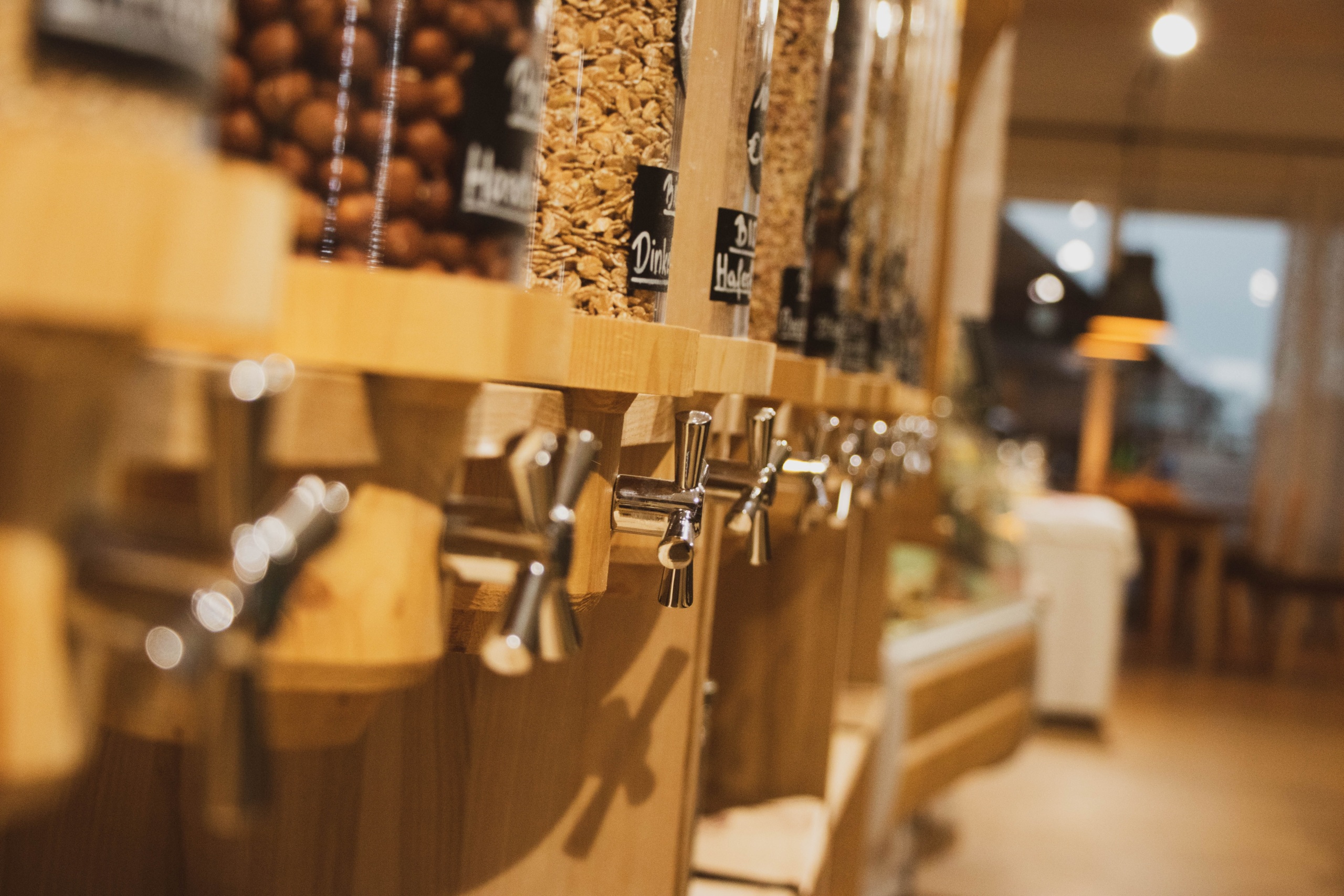
Ditch plastic packaging: Shop at your local refillery
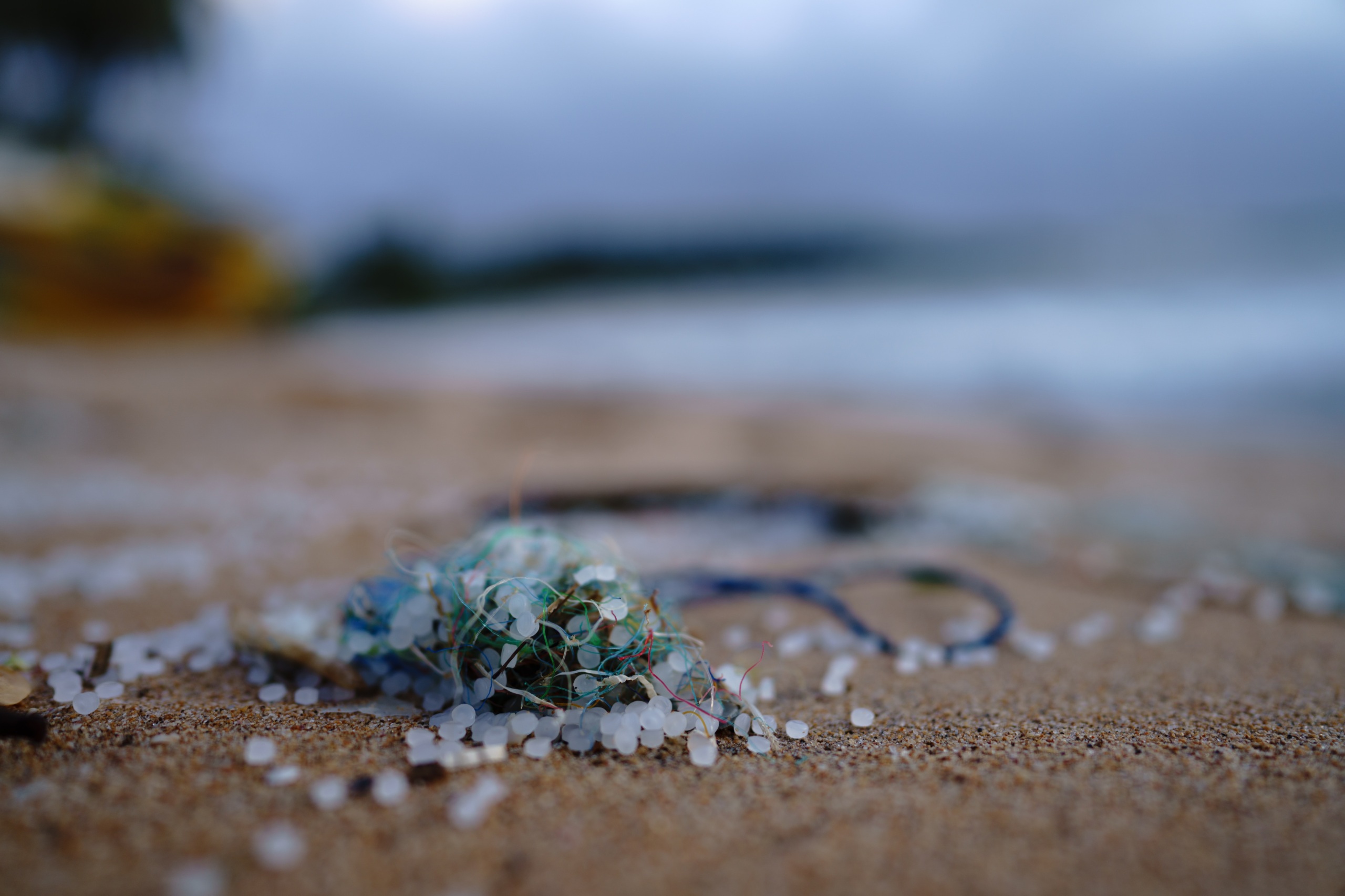
Millions of tiny plastic pellets are being dumped into our waterways
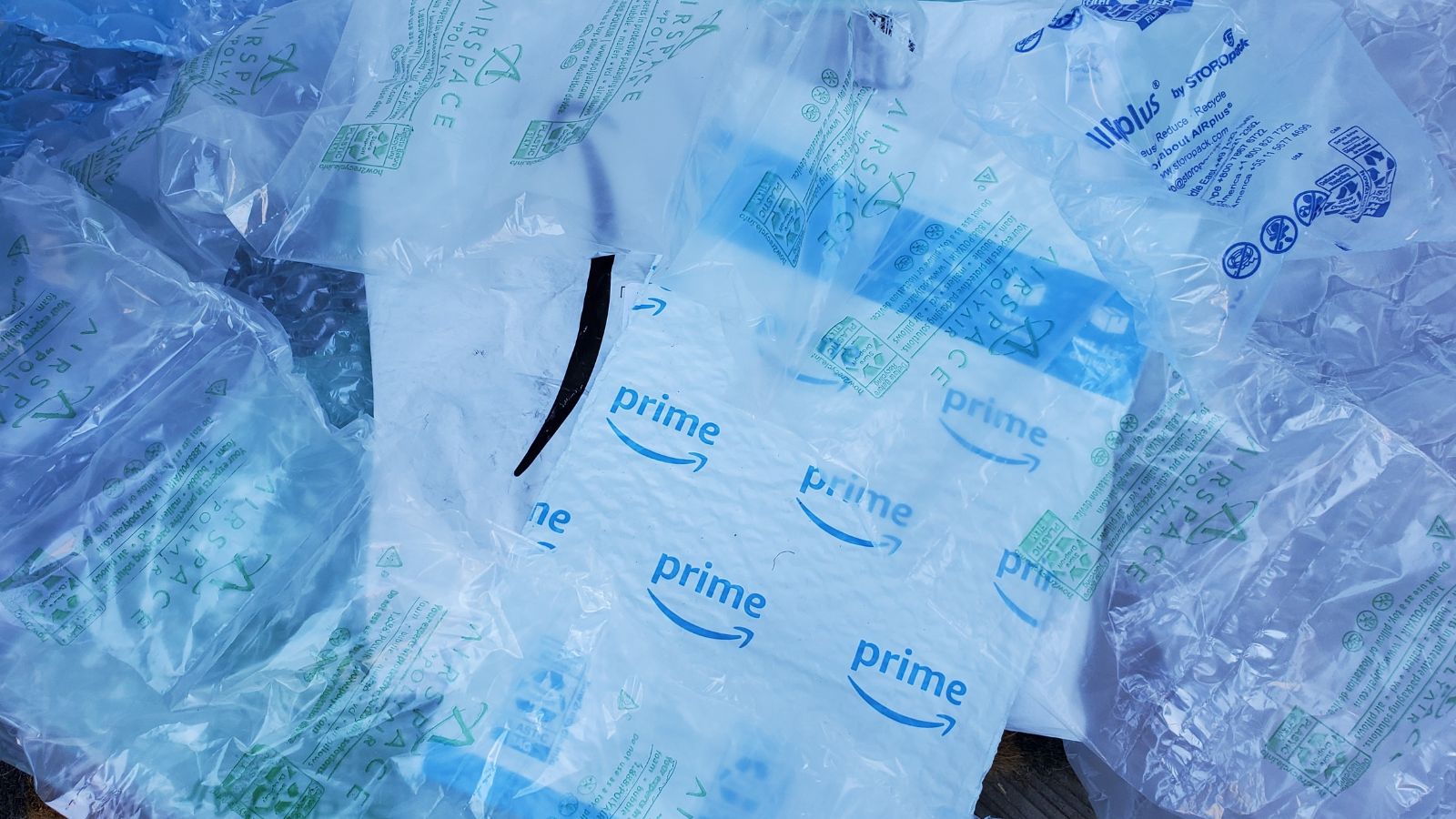
Turning plastic waste into plastic lumber isn’t recycling


